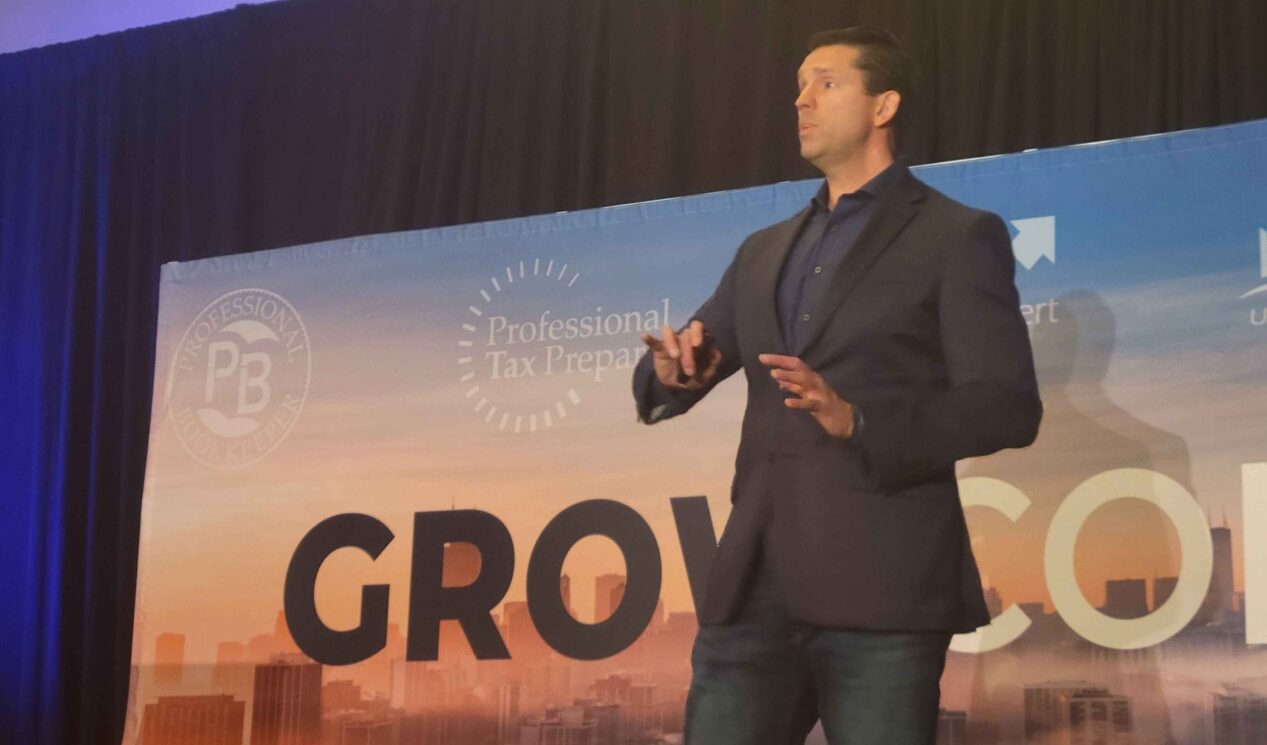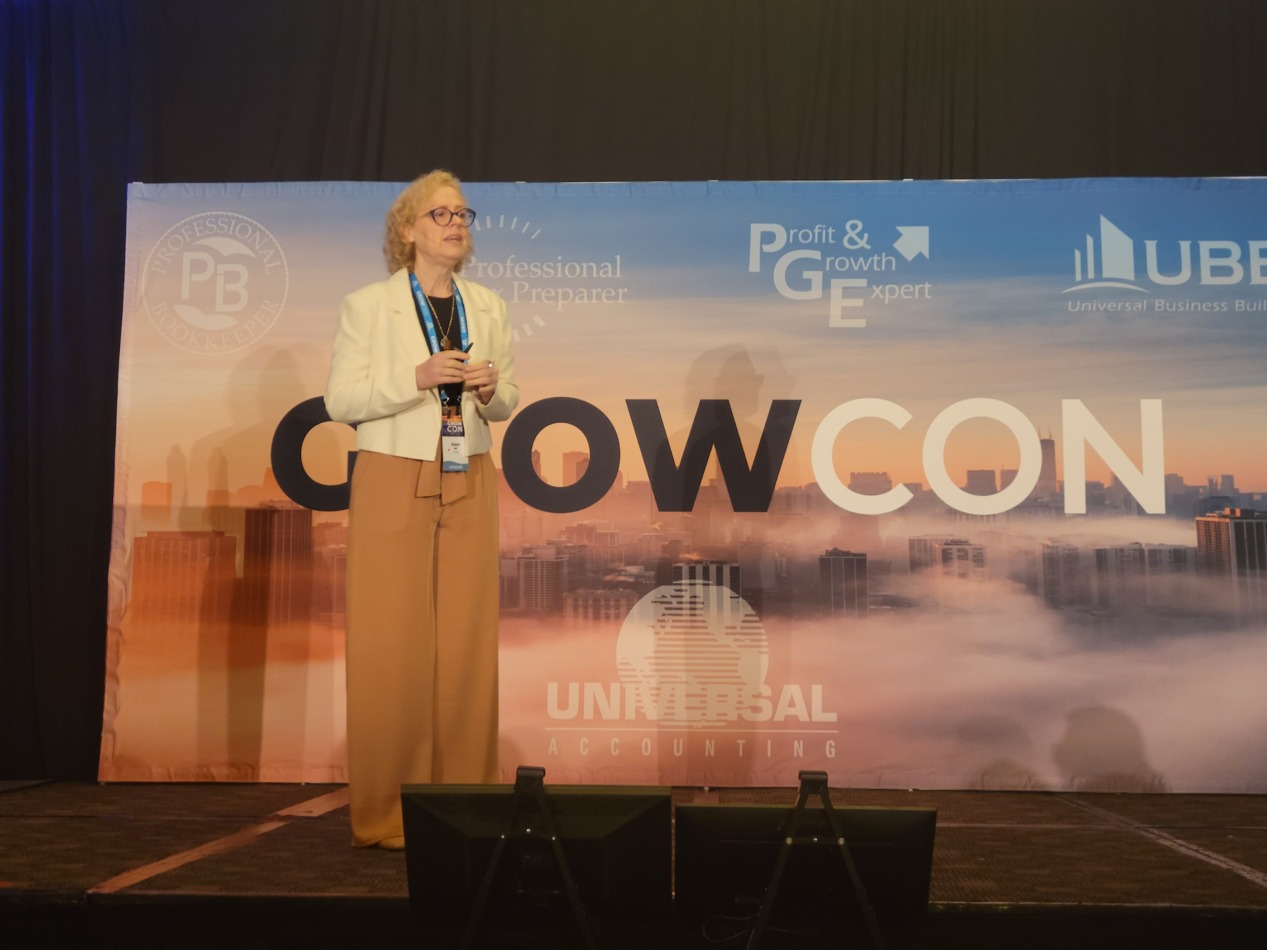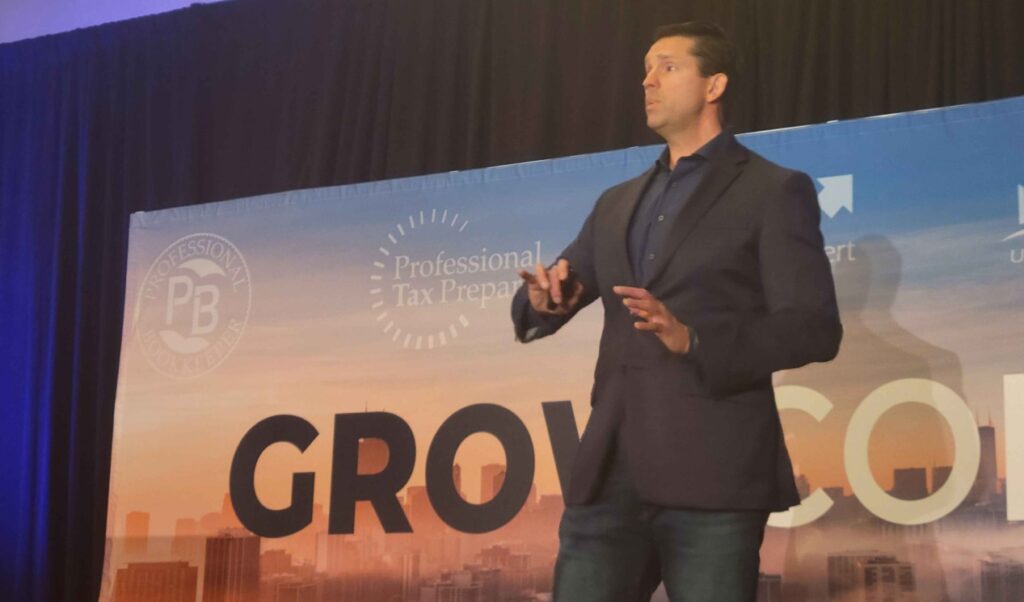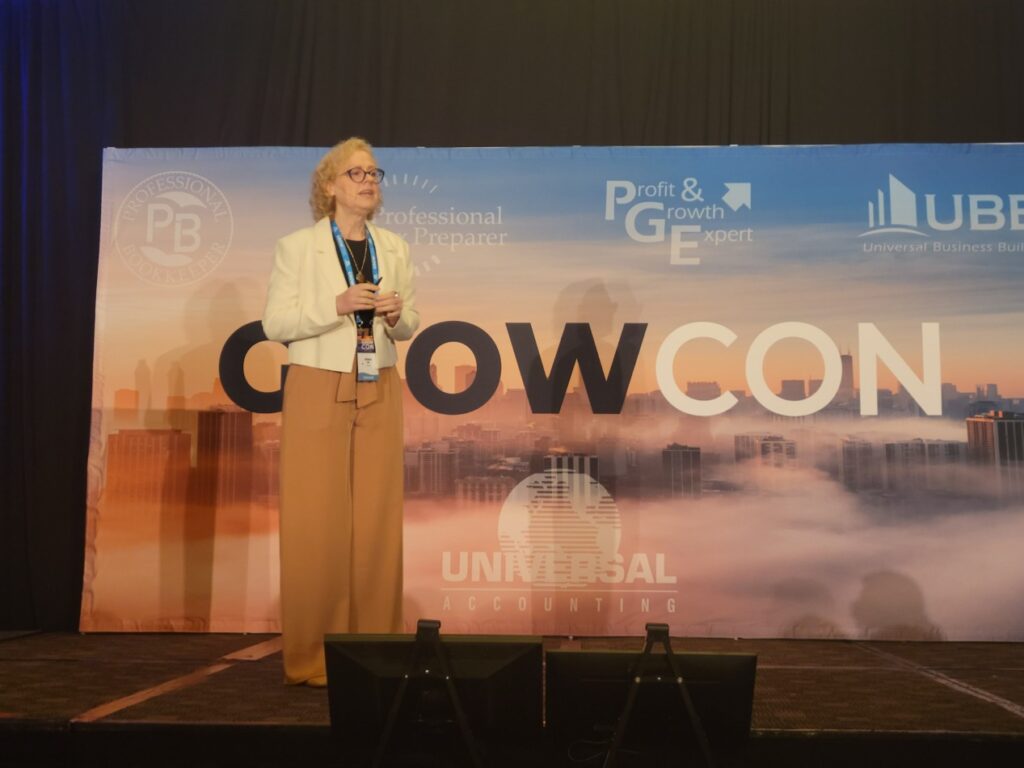Wanted: “Customers” or “Clients”? Does it make a diffe rence?
rence?
The difference is subtle, however how you define the people you work with can make a difference in the amount of success your Bookkeeping and Accounting Practice enjoys and the income you can earn. In today’s world, there are few technological advantages from one competitor to another. For instance, we all use computers and very sophisticated software programs. So why do some super achievers gain such incredible levels of success over that of others?
It’s all about how you think.
Believe it or not, it’s all about how you think. Most super-successful people approach everyone they deal with in a totally different and more effective way than anyone else. Many people can’t figure out what they’re doing, but I’d like to share it with you.
Take just a minute and think about this. Are the people you work with customers… or clients? Is there a difference? Would you treat a client different than a customer?
Just for starters, let’s see what the Webster’s Dictionary definitions of these two similar words are:
Customer: A person who purchases a commodity or service.
Client: A person who is under the protection of another.
There is a difference, isn’t there? And the difference in meaning is huge! Can you see how this difference could or should relate to how a person who does business with you should be treated?
Our clients are under our protection.
What does “under our protection” mean? In this instance, it means that the recommendations you make for your clients are those that address and fill a need of theirs, not necessarily for the biggest one time gain in commission for yourself. It is your duty as their “protector” to understand and appreciate exactly what your clients need, even if they’re unable to put it into words themselves.
Once you understand what their needs are, your job becomes one of helping them satisfy that need. You become a trusted advisor, who not only helps them achieve what they are looking for but is also there to “protect” their interests as well. This will give them a reason to remain your client for a lifetime.
Jay Abraham offers a great example of this thought process in his book, Getting Everything You Can Out of All You’ve Got, “…[A] man who goes to a hardware store to buy a power drill doesn’t really need a drill-he needs [to make] holes.”
“He has a… need [to make] holes. He might think he wants a drill. But it’s your responsibility to determine the real truth and his real need. Your responsibility and opportunity is not just to sell him a drill. You must figure out how to satisfy his…need for holes and make sure the drill he buys from you will solve his problem and give him the exact holes he needs.”
“Or maybe he thinks he wants [to make] holes, but when you find out that he needs to insert rods in these holes, you realize that fasteners would work better than holes. So you sell the client some fasteners. You have truly solved his problem.”
You have now become a trusted friend and advisor.
Yes, you could have made more money by selling him the drill now, but by finding out what his real need was, treating him as a client (rather than a customer), you have taken the first step toward a lifelong relationship with your new client.
We have talked before about viewing our clients as valued friends. This one principle will make a huge difference in every interaction, communication and business transaction that you will ever have with this client.
“I’m such a good salesman; I can sell ice-cubes to Eskimos!”
My father, who owes his own hardware supply business has always said, “There are salesman… and there are peddlers.” A peddler is someone who always tries to make the most out of every sales transaction, regardless of whether or not it is in his “customer’s” best interest. His motivation is to make the biggest sale or earn the biggest commission, even if it’s at the expense of his “customer’s” real needs. He would sell ice-cubes to eskimos. (Do eskimos need ice-cubes?)
“A true “professional” salesman,” he used to say, “Is someone who finds a way to meet the needs of his ‘client'”, even if it means putting off short-term gain in the process. A true professional is after long-term relationships, not short-term gain.
Once you understand how to think about the people you work with, there will be no stopping your Bookkeeping Practice from achieving the success you deserve.
When your clients become your valued friends and you become their trusted advisor, you’ll find yourself in a position to provide the services that you clients really need as well as create an incredible income and lifestyle for yourself. Of course, it doesn’t happen overnight, but it will happen quicker than you think.
Does Universal Accounting have what I “really” need?
If what you need is a greater income, a better lifestyle and the monetary rewards that you deserve, it is . Most accounting programs focus on corporate accounting and analyzation. At Universal Accounting, our curriculum is focused on the needs of small business accounting and bookkeeping.
Small businesses account for 85% of the real opportunity in bookkeeping and accounting. Large, corporations account for less than 15% of the potential market for your services. As you begin your Bookkeeping and Accounting practice, small business is where it’s at.
Whether you want to own your own Bookkeeping and Accounting Practice or find a satisfying and rewarding career in bookkeeping, an education at Universal Accounting is there every step of the way.
But you don’t have to take my word for it. There are thousands of people just like you who have invested in improving their future by purchasing the Professional Bookkeeper Program from Universal Accounting. Simply click on the link below to find how the Professional Bookkeeper Program will help you reach your goals for creating the type of lifestyle that you and your family deserve. You won’t be disappointed.
Click here to find out why the Professional Bookkeeper Program is right for you.










